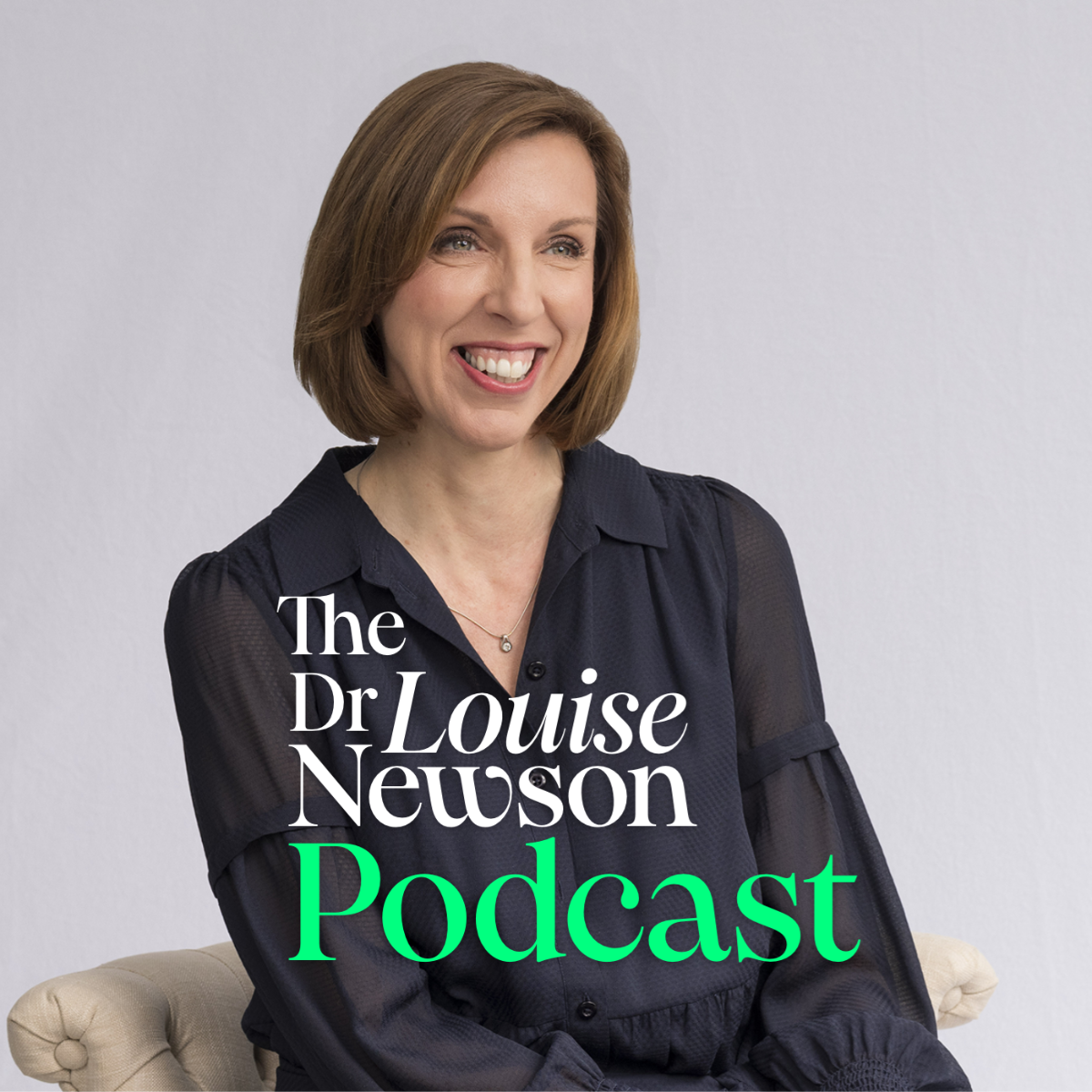Magnesium: supporting sleep, restless legs and muscle aches and pains during times of hormonal change
- Magnesium plays a role in mood, sleep, muscle and bone health
- Though this mineral is present in a variety of foods, many people may not be getting enough from their diet
- Advice on choosing a magnesium supplement
Magnesium is a mineral that helps numerous bodily functions, addressing concerns including fatigue, mood swings, sleep disturbances, muscle cramps, and bone loss.
But what is magnesium, and why can it be particularly beneficial during times of hormonal change such as perimenopause and menopause? And how can you ensure you are getting enough of this key mineral?
This guide sets out what you need to know.
What is magnesium, and how does it work?
Magnesium has an important role in processing enzymes in your body, affecting energy production, and muscle and bone health.
Its role includes:
- Mood and stress relief: magnesium helps regulate cortisol, the body’s primary stress hormone, so it can help reduce feelings of anxiety and irritability
- Improved sleep quality: magnesium aids in the production of melatonin, the hormone that regulates sleep, and helps people relax, making it easier to fall and stay asleep
- Muscle relaxation and cramp prevention: Magnesium is important for muscle function and relaxation, reducing leg cramps, muscle stiffness, and tension headaches
- Bone density support: Magnesium aids in calcium absorption and contributes to bone density
- Heart health: magnesium supports healthy blood pressure levels and reduces risk of cardiovascular issues.
RELATED: Perimenopause, menopause, aches and pains
Why can magnesium be beneficial during perimenopause and menopause?
If you’re struggling with sleep due to hormone changes during perimenopause and menopause, which can be due the low hormone levels in your brain, as well as physical symptoms such as night sweats or needing the toilet, in addition to taking the right dose and type of hormones, a magnesium supplement maybe also beneficial.
For starters, magnesium activates the parasympathetic nervous system, which is responsible for making you feel calm and relaxed which in turns helps prepare your body for sleep. It also regulates the hormone melatonin, which guides sleep wake cycles in your body.
Plus, magnesium has a role in bone health: it helps your body absorb calcium, which gives your bones the strength and hardness they need to cope with everyday activities. This is key as women are more affected by a loss of bone strength before, during, and after menopause, when levels of estradiol – the most beneficial form of estrogen – declines.
RELATED: Hormones and bone health (video)
Different forms of magnesium explained
Although magnesium can be found in various foods, including spinach, nuts and wholemeal bread, many people still do not get enough from diet alone, so a magnesium supplement can be beneficial. In addition, drinking alcohol and coffee, and stress can all reduce your body’s ability to absorb magnesium.
RELATED: Can the Mediterranean diet help menopausal symptoms?
According to the NHS, women aged 19 to 64 years should aim for 270mg of magnesium a day [1]. There are several forms of magnesium supplements, each with unique benefits and bioavailability (which means how easy it is for your body to absorb and utilise nutrients).
Here’s an overview of the most common types, and how they can support hormone health:
- Magnesium glycinate: great for sleep, anxiety, and muscle relaxation
- Magnesium citrate: useful for constipation and general supplementation
- Magnesium taurate: beneficial for heart health, palpations and calming the nervous system
- Magnesium malate: can help combat fatigue and muscle pain
- Magnesium oxide: primarily used to relieve constipation, this form of magnesium is more readily available and less expensive, however it has a lower absorption rate
- Topical magnesium (magnesium chloride): this option is particularly beneficial for targeting localised muscle pain and tension.
RELATED: All about vitamin D, menopause and hormone health
Choosing a magnesium supplement
With endless options, choosing supplements can at times feel overwhelming. Most vitamins and minerals are available in powder, capsule, tablet and liquid form. All have their merits, and which form you opt for usually comes down to personal preference: for example, if find you tablets harder to swallow, you may prefer a liquid supplement.
Vitamins and minerals work in synergy in the body, so multi-nutrient supplements often provide a convenient, cost-effective option, as they combine essential nutrients that enhance absorption and effectiveness. However, make sure the nutrient list isn’t overly long, as this can dilute dosages.
RELATED: Omega-3,menopause and hormone health
Here are some tips on choosing ahigh-quality supplement:
- Transparency: reputable brands clearly list all ingredients, including active vitamins, minerals, and any fillers or binders
- Additives: all food supplements contain additives to preserve their integrity as well as to protect their activity and potency, but you should try to avoid artificial colours and flavours
- Bioavailability: certain forms of vitamins and minerals are more easily absorbed than others
- Check for clinical dosage levels: always check the packaging
- Brand reputation: check the reviews and take some time to read about who they are and where they source their ingredients
- Beware of outlandish claims: anything claiming ‘a miracle cure’ or ‘guaranteed results’ should be viewed with caution.
It’s also important to remember that while supplements can offer benefits, they aren’t a replacement for a nutrient-rich diet. For the best results, combine a healthy, balanced diet with carefully chosen, targeted supplements.
RELATED: B vitamins, menopause and hormone health
When it comes to magnesium, here are some established brands:
- Bionutri magnesium complex
- Nutri Advanced magnesium glycinate
- The Better Menopause magnesium glycinate with B vitamins, ashwagandha and saffron
- Pure Encapsulation magnesium citrate and malate
- Biocare magnesium taurate
- Thorne magnesium bislycinate
- Nutri Advanced MegaMag with B vitamins and ashwagandha.
RELATED: Friendly bacteria: how probiotics can help your health – and hormones too
Dr Louise Newson is a GP and Menopause Specialist. Dr Jo Sewell is a GP and Menopause Specialist. Joanna Lyall is a registered Nutritional Therapist with a practice in women’s health and menopause. She is a co-founder and Head of Nutrition at The Better Menopause.
All information given in this article is designed for general usage, and does not replace a conversation with your own medical or health practitioner. Supplements should never replace a healthy, balanced diet.
-














